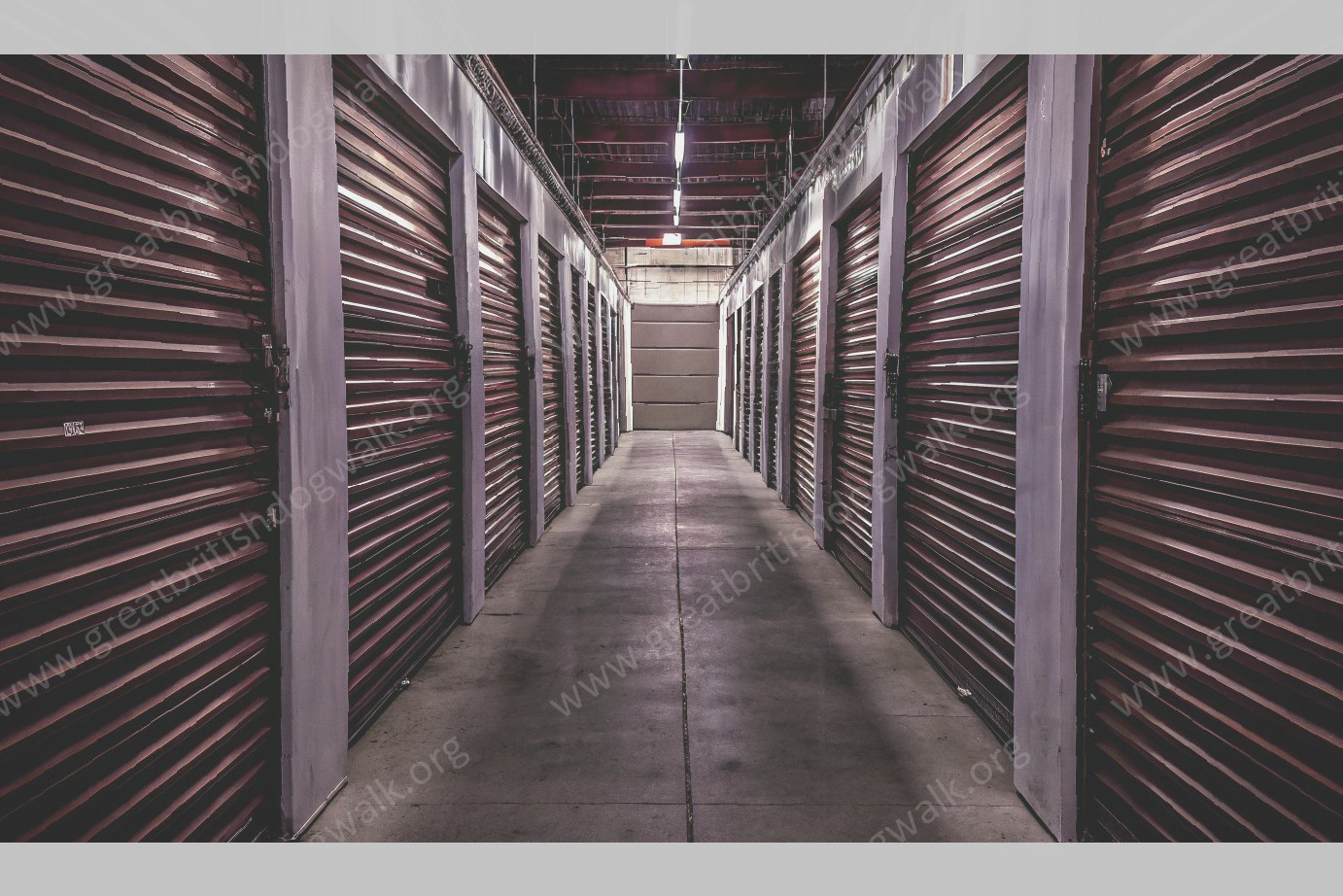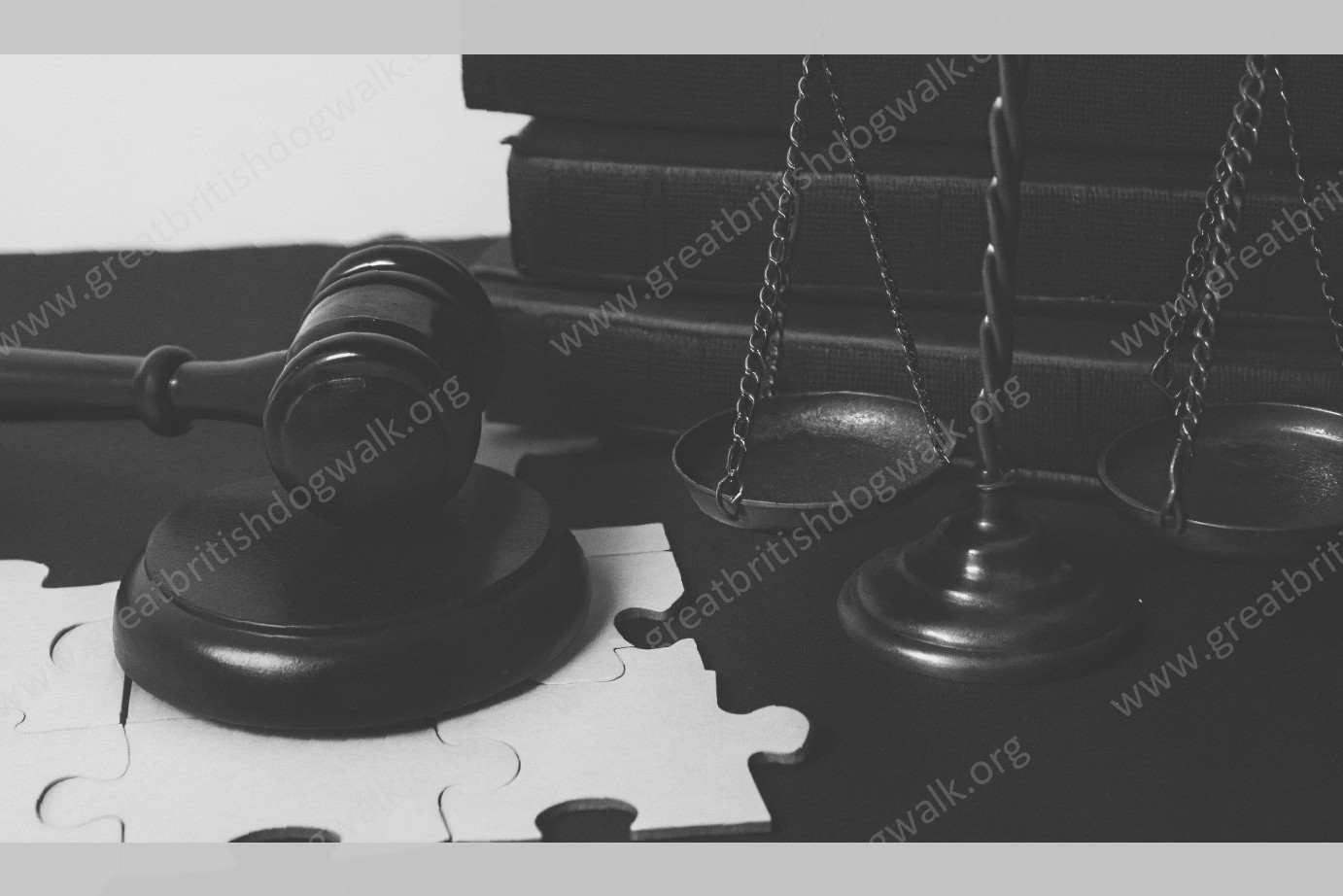What Is a Self Storage Lease Agreement?
A self storage lease agreement between a storage unit owner and a person looking to rent the unit is a contract. Like all contracts, it’s big on mutual promises. The storage facility owner promises to keep the space safe, secure, and in good shape, and in exchange, you promise to pay your rent on time and not disturb the other people around you. Although there are usually some lease terms you’re not likely to break or the owner probably won’t break (like rent increases, etc.), you and the storage unit owner are in the business of being flexible with one another .
The facility sometimes has to shut down or clean up or reconfigure its space for maintenance. You sometimes need a bigger or different space than the one you rented. So, both parties agree that this can happen, and that if you vacate the unit or rent a new one, there is a modest conversion fee to cover the office staff’s work. The nine dollar fee is nominal by any measure, but it helps warehouse-type businesses mitigate the cost of programs they offer to benefit their customers.
Basic Terms and Conditions for Storage Agreements
In analyzing leases, these are the key terms and clauses to evaluate:
Lease Term. Typically a self storage lease term is relatively short, usually at least one month but may also be year-to-year or longer depending upon the property and business strategy. Your investment strategy for the property (i.e., a long-term hold or lease up for sale), may drive the timing on how this lease term is set.
Use Restrictions. These leases should limit permitted uses of the property. In particular, prohibited uses should be clearly spelled out. The lease should prohibit the storage of hazardous materials or other illegal activities. Further the lease should require that the contents of the unit are for private purposes only and restrictions on the use of electrical outlets, use of propane, and any vending activities. Likewise, many owners have rules and regulations that limit aspects of the tenant’s use of the facility that are spelled out in a separate attachment to the lease. However the lease may not contain the details but instead should reference this attachment as part of the lease agreement.
Indemnity and Limitation of Liability. This is critical for landlords to ensure that each owner and manager is not subject to personal suit. Owners should require for example that the tenant indemnify the landlord for any damage or suit alleging damage arising out of the contents of the unit. While self storage properties are typically not considered socially trendy in the Commercial Real Estate world, interpretation of public policy in most states has held that even this assumed non-hip sector of this asset class is one deserving of limited liability protection. These assets are considered places of public accommodation and afford limited liability to owners to apply this same concept of limited liability to the publicly accessible areas of the project such as hallways, bathrooms, and parking areas.
Breaking Down Site Rental and Fees
Rental Duration and Associated Fees
When renting a personal storage unit, self storage lease agreements typically follow the same basic guidelines, regardless of the types of spaces available, the length of rental, or the costs and fees associated with the rentals.
The questions that need to be asked, however, concern the extent of time that the tenant is willing to commit, what kind of fees need to be paid, and how often will the tenant be expected to pay, if at all.
Self storage rentals are much like car rentals in that you can hire a unit for any length of time, even down to hourly, daily and monthly rentals, or you can reserve the space for an entire year or longer. When looking to hire a personal storage unit, make sure of the current market value for your required space, since companies will often try to boost their profits through overcharging. Such services as 24-hour access, accessibility by your car or truck to the unloading bay, cleaning services, security and the like will all add to the cost of your rental, and should be taken into consideration when selecting your self storage unit.
In addition to your monthly rental fee, many self storage leases charge additional fees such as signing fees and surcharges, deposits, insurance, late payment fees and the costs of storage equipment such as locks and boxes.
In the event that you wish to vacate your storage unit, you will be required to give notice within a specified period of time. Similarly, many companies require that the full cost of your rental be paid in advance when first hiring the unit.
Outlining Legal Obligations of Renter and Owner
Any self-storage lease agreement will outline the legal responsibilities of both the renter of the storage unit and the owner or manager of the storage facility. The responsibilities of both parties will be clearly defined in the lease agreement.
For renters of self-storage units, their responsibilities may include the following:
• Not storing hazardous, toxic, combustible, illegal, or explosive materials
• Paying rent for the storage unit as defined in the lease agreement
• Abiding by the rules and regulations of the storage facility as outlined in the lease, including any restrictions on hours of access to the storage unit, unit access times in the event of lockouts, and so forth.
• Insuring goods in their storage units and providing proof of such insurance if requested by the owner/manager of the storage facility.
The responsibilities of the storage facility owner/manager may include the following:
• Allowing any renter to terminate his/her lease at any point, provided that the 30-days’ notice requirement is honored and the rent requirements are satisfied by the renter.
• Locking and securing all security gates and access points at the close of business each day.
• Accepting the return of any locked or unlocked goods stored in the storage facility if a 30-day notice to vacate has been provided by the renter.
• Abiding by applicable federal, state, and local storage facility laws, as well as facilitating the removal of abandoned goods from the storage facility in accordance with such laws.
Common Disputes With Remedies
Several disputes arise within self storage lease agreements, which almost all can be avoided by clear agreement language. Two major disputes arise when the terms and language of the lease are unclear or distorted. These major disputes stem from Recovery Of Unpaid Rent, and Disposal of Property.
Recovery Of Unpaid Rent
Disputes under the recovery of unpaid rent provision arise when a tenant is determined to have vacated the unit without prior notice to the facility owner or operator. In addition, many tenants give their property to a non-related third party who strips the easily recoverable valuables and leaves behind the remainder. Under this circumstance, the facility owner/operator is stuck with units that were either stripped of all valuables or they are left with a mess on their hands. If a tenant stops paying rent and the facility owner/operator is unable to contact the tenant, then the facility owner is faced with either the Leaving a lien on the unit or Recovery.
Leaving a lien on the unit allows the facility owner/operator time to attempt to contact the tenant and determine if the personal property in the unit is worth the cost of extra storage fees. If the facility owner/operator believes the cost of additional storage fees is worth the value of the personal property, then the lien remains. However, if the facility owner/operator believes the opposite is true, such as in the case when the tenant simply stops paying and leaves behind non-valuable items, then the facility owner/operator is faced with the dilemma of getting rid of the personal property . In an effort to recover the cost of emptying the unit, the facility owner/operator must dispose of the personal property, however, disposing of any or all of the items may lead to a lawsuit from the tenant for dispossessing their property.
The best approach for the facility owner/operator is to include both a "leaving a lien" or "lien" provision and a "disposal of property" provision in the agreement. The facility owner/operator should include an "abandonment of personal property" clause as well, clearly stating the procedure the facility owner/operator will take should they consider the property abandoned and that the tenant will no longer have claim to the property or the facility owner/operator will be able to recover the cost of clearing out the unit.
Disposal of Property
Disposal of property disputes arise when the landlord believes the tenant has abandoned the property as a result of failing to remove the property after repossession of the unit. When the landlord, under self storage facilities, is repossessing the unit due to failure to pay rent, there will be property remaining inside the unit. The property can be disposed of on the facility premises, however, whether the tenant did in fact leave the property there is a question.
Again, the language of the lease agreement resolves this dispute. If the lease agreement contains precise language, then the tenant should not be successful in arguing that the property was discarded by the landlord. Likewise, a well drafted lease agreement will provide the facility owner/operator the ability to recover the costs associated with removing property under storage insurance or obtaining compensation from the tenant.
Steps for Obtaining a Lease for a Storage Unit
The process of securing a self storage unit is generally pretty straight forward. First, you need to choose a storage rental company convenient to your residence and business. You then select and inspect a unit of an appropriate size and features. Upon doing so, you will be provided and asked to complete an application. The application may require a form of identification (e.g., driver’s license, social security number, etc.) and may also be used to perform a background check on you. Once you have completed the application, you will be required to sign a lease agreement.
A storage unit lease agreement is pretty straight forward and simple. It is clear and easy to read language that states that the tenant is renting a unit from the storage rental company at a certain rental price, with certain monthly due dates, for a term that is generally month-to-month. The agreement may include other standard provisions found in other commercial lease agreements and may point the reader to other policies the storage rental company has on file. Select self storage rental operators may not require the signing of a lease agreement and may instead paw their leasing documentation to their customers using a hand written leasing form.
How to Review a Lease Agreement
It’s critical to review the self storage lease agreement very carefully. There are important aspects of self storage leasing that affect renters and owners alike. In the past, many self storage operators have become frustrated with non-payment while the tenant has no obligation to make payments at all until the lock on the unit has been cut pursuant to a state law notice and waiting period. Further, self storage customers had become frustrated with the fact that they did not know that their owners were required to put a lien on their property purchased more than 7 days within the ‘self storage area’ on which rent was past due.
- Look to see if the lease allows the owner to obtain credit card and debit card information to pay rent and fees online;
- Look to see if the lease provides for the ability for the owner to add a lien on property for payment of self storage rent within 14 days of purchase if the property was purchased more than 7 days before it was stored in the self storage facility;
- Look to see if the self storage lease gives the owner of the self storage facility the ability to send email notifications to the email address provided by the customer for the purposes of notification of default, payment due dates, and other notifications that may be required by the law;
4 . Look to see whether the lease states you have to notify the self storage facility of changes in your physical or billing address or email address and also telephone number(s);
- Look to see whether the self storage lease states that the self storage rent is due on the 1st or 5th or 10th of the month or every four weeks or 30 days or 31 days after the date the self storage lease was signed, and that late fees will apply according to the self storage lease agreement if the rent is not timely paid;
- Look to see whether the self storage lease provides for renewed self storage rent payments in the same manner it was paid in the past, such as by automatic online payment or prepayment by mail or in person or in the dropbox located on the self storage facility;
- Look to see whether the lease gives the owner the right to keep or sell property left in a self storage unit if the self storage rent is not paid, including after the notice and waiting period mandated by statute; and
- Look to see whether the lease clarifies that you must have renter’s insurance, which is easily obtainable through your home insurance, and what the owner is not responsible for with regard to your property left in a self storage unit.



